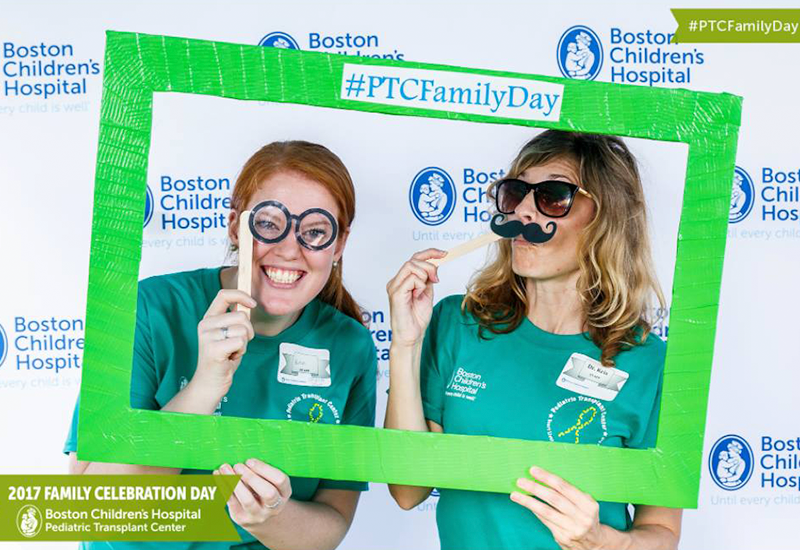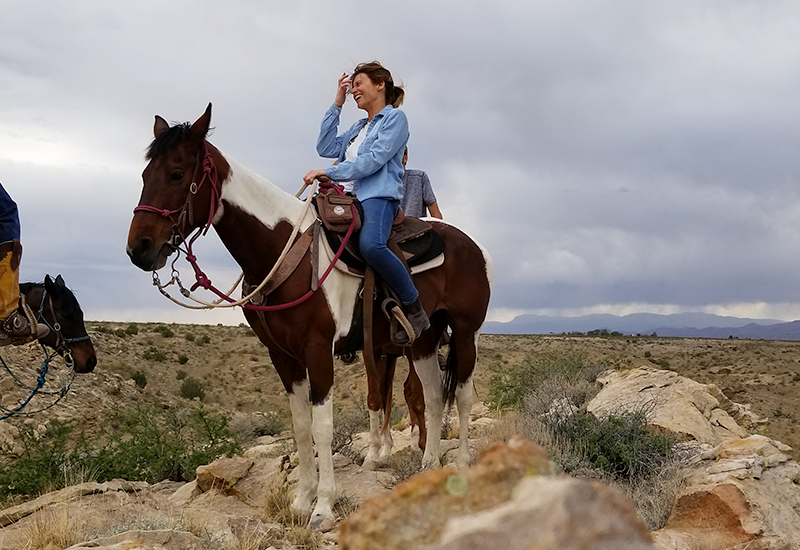Meet Kristine McKenna, PhD, transplant psychologist in the Pediatric Transplant Center at Boston Children’s Hospital.
What inspired you to become a psychologist?
I originally planned to become a pediatric oncologist after working in a research program that helped young patients cope with painful medical treatments when I was an undergraduate. However, as I spent my days in the oncology clinic, I started to see a gap in care needs for these families. Every clinician was phenomenal — the issue was that parents and patients had extra questions and needs that extended beyond the clinic. For example, they needed to know how to parent a child with a serious illness, how to explain to peers what was happening and how to deal with anxiety and depression. That is where I saw an important role for pediatric psychologists to help patients cope with life-threatening illnesses. My journey ahead was set.
How did you become interested in transplant psychology in particular?
When I was doing my internship, I had a rotation in nephrology that included time in dialysis clinics, conducting pre-transplant evaluations and following patients during admissions. I became very interested in solid organ transplant and how I could help these patients moving forward. I continued my specialization in kidney transplant as a fellow and in my first position as an attending psychologist. When the opportunity arose at Boston Children’s Hospital to work across multiple organ transplant programs, I was excited to join the team.

What drew you to Boston Children’s?
I have always been impressed by the quality of care and interdisciplinary approach to working with families at Boston Children’s. The Pediatric Transplant Center is a very special group.
What is the role of a transplant psychologist? Why is this specialty so important for patients and families?
A transplant psychologist works with patients and their families to help prepare them for transplant, cope with procedures and hospitalizations, and adjust to the health routines that accompany life with a new organ. We also help assess and treat symptoms of conditions such as anxiety and depression. I usually meet with families first as part of the pre-transplant evaluation process to learn what coping skills they already have and how we can add to them. I also work closely with social workers and child life specialists to help maximize the resiliency of these families during hospitalizations. Sometimes in the midst of all the work-ups and medical discussions, patients can feel that their identity outside of their organ gets lost. I want to help them keep that focus on all the elements of their identity and all the things they want to be able to engage in after transplant.

What do you enjoy most about your job?
The patients and their families — they are amazing! I also have to say how much I enjoy my colleagues. I love working with a variety of specialists in a team setting that allows us to learn from one another.
What are some of the challenges of your job?
The transplant roadmap is not always a straight line. Working through bumps and detours can be hard because we all want our patients to have the smoothest journey possible.
What are your interests and hobbies outside of work?
I love to travel, and I’ve also volunteered for a variety of animal rescue and conservation efforts through the years.
As a child, what did you want to be when you grew up?
A polar bear biologist! I would sit for ages at the zoo watching them. I still love polar bears and hope to see them up close in Canada or Norway one day.
If you weren’t a transplant psychologist, what would you be doing?
It’s hard to imagine not being in a hospital setting, so I think I might have gone down that path to medical school. Otherwise, it would probably involve working in animal conservation.
